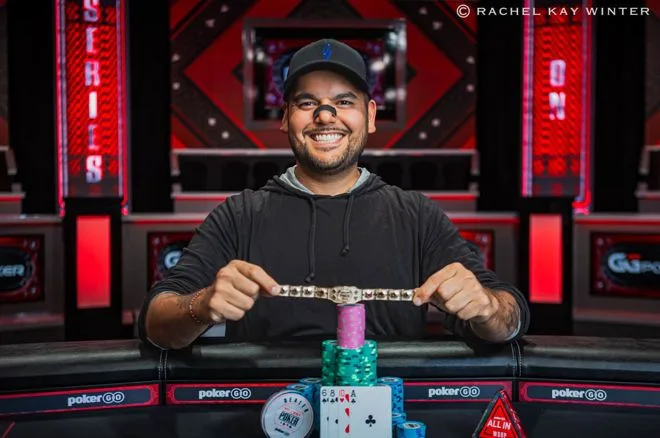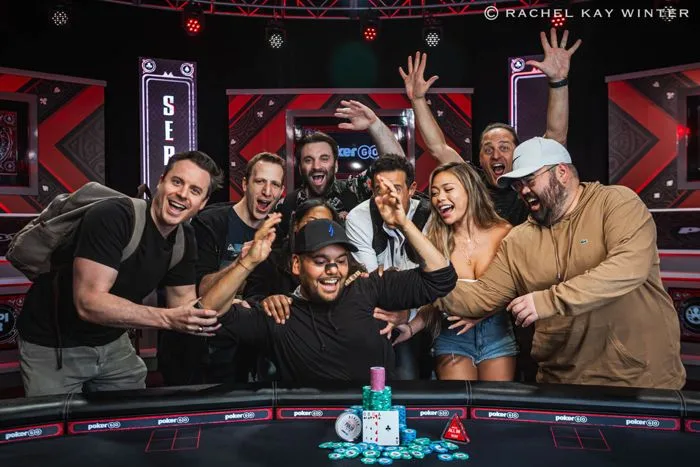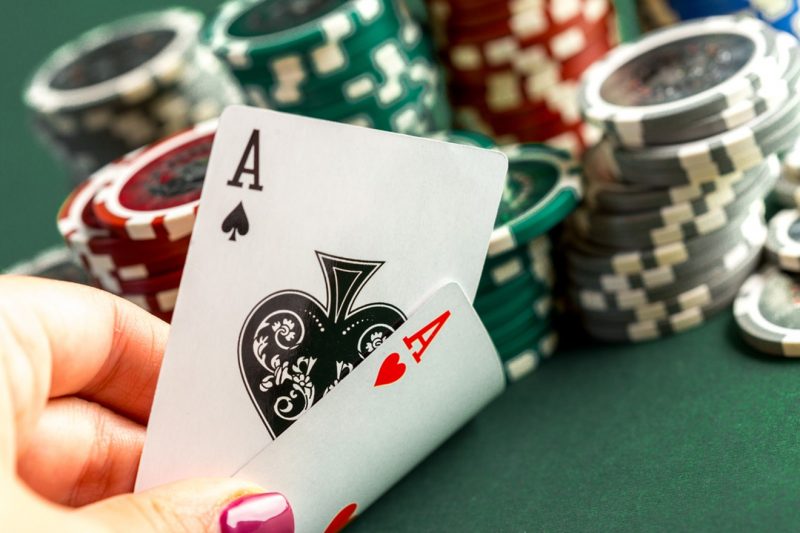
Bryce Yockey Criticizes $25,000 Fantasy Draft Entry Fee Following $5,000 PLO Bracelet Victory
Bryce Yockey Criticizes $25,000 Fantasy Draft Entry Fee Following $5,000 PLO Bracelet Victory
Bryce Yockey, a prominent figure in the world of professional poker, recently made headlines after his remarkable victory in the $5,000 Pot-Limit Omaha (PLO) event at the World Series of Poker (WSOP). This triumph added another prestigious bracelet to his collection, solidifying his reputation as one of the top players in the game. However, his success on the felt was paired with a bold and outspoken critique of the hefty $25,000 entry fee for fantasy drafts, a cost he deems excessive and out of touch with the core values of poker.
Yockey’s Perspective
Yockey’s victory in the PLO tournament was indeed impressive, marking another milestone in his illustrious poker career. Yet, amidst the celebrations, he didn’t shy away from expressing his discontent with the steep entry fee for fantasy drafts. His comments have sparked significant discussion within the poker community.
“While I’m thrilled about my win, I can’t help but question the rationale behind a $25,000 price tag for fantasy draft entry,” Yockey stated in a post-tournament interview. “It seems excessive and somewhat disconnected from the essence of the game. Poker should be accessible and enjoyable for a wide range of players, not just those who can afford such exorbitant fees.”
Community Reaction
Yockey’s sentiments resonated with many in the poker community, igniting a discourse about the affordability and inclusivity of high-stakes events. Some echoed his concerns, emphasizing the need for a more accessible structure, especially considering the financial strain it imposes on aspiring players. The debate highlights a growing divide between professional and amateur players, with many feeling that the current system favours the wealthy elite.
Others, however, defended the entry fee, citing its role in maintaining the prestige and exclusivity of such tournaments. They argued that the hefty price tag is justified by the caliber of competition and the potential rewards for participants. According to this view, high entry fees help ensure that only the most serious and skilled players compete, thereby enhancing the overall quality of the event.
Impact on the Industry
The debate sparked by Yockey’s comments sheds light on broader issues within the gambling industry, particularly regarding the balance between elitism and accessibility. It prompts organizers and stakeholders to reevaluate their pricing strategies and consider measures to foster a more inclusive environment. The poker industry has always thrived on its mix of players from diverse backgrounds, and maintaining this diversity is crucial for the game’s continued growth and popularity.

Future Implications
Bryce Yockey’s outspoken critique may have long-term implications for the structure of poker tournaments and fantasy drafts. As the discussion continues, there is potential for significant changes in how these events are organized and priced. Stakeholders in the poker community will need to carefully consider these perspectives to ensure that the game remains both competitive and accessible.
Organizers may explore alternative pricing models or introduce tiered entry fees to accommodate a wider range of participants. Additionally, there could be increased advocacy for satellite tournaments, which allow players to win entry to high-stakes events at a fraction of the cost. These changes could help bridge the gap between different player demographics and foster a more inclusive poker environment.
Bryce Yockey’s critique of the $25,000 fantasy draft entry fee serves as a catalyst for introspection within the poker community. As discussions continue, it remains to be seen whether his outspoken stance will influence future tournament structures and pricing policies. Yockey’s comments highlight the need for ongoing dialogue about accessibility and fairness in poker, ensuring that the game remains welcoming and engaging for all players, regardless of their financial status.
Popular topics
-
 GTO Poker – Mastering the Optim...
GTO Poker – Mastering the Optim...Game Theory Optimal (GTO) strategy in poker is an …
-
 Contest on the flop
Contest on the flopThere are all sorts of poker game strategies and …
-
 Artificial Intelligence and Poker: Is...
Artificial Intelligence and Poker: Is...Artificial intelligence (AI) has revolutionised various industries, and poker …
